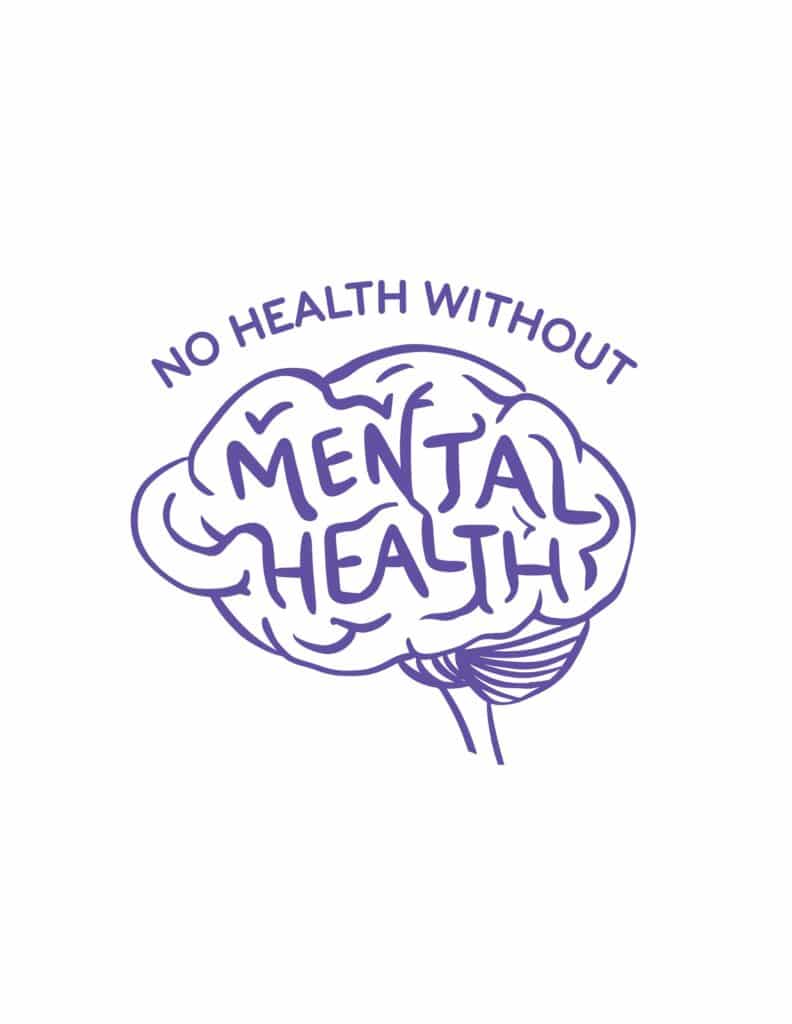Make mental health and wellbeing for all a global priority.
That is the theme for this year’s World Mental Health Day, fitting for an age flushed with pandemic, political, and social stressors. Recent years have inarguably highlighted an increase in mental health struggles. The latest data from Healthy Minds Policy Initiative shows that one in five Oklahomans experience mental illness and nearly 10% live with a substance use disorder.
Periodically, throughout the pandemic, anxiety and depression rates in Oklahoma have reached nearly four times higher than what we experience in 2019, overdoses are rising again, and suicide rates have increased by 8-10%. It’s worth noting that rural areas have experienced a 27% increase.
Our collective mental health has been hovering at the critical level, and days like today – World Mental Health Day – offer an opportunity to rekindle the efforts to destigmatize dialogue, connect with those in need, and share effective, evidence-based strategies to improve mental health wellbeing.
And also, days like today offer an opportunity to celebrate the wins we’ve had.
Below, you’ll find a roundup of stories that do just that, along with articles that speak to the gaps which still need filling.
1) Mental Health America, our parent organization, recently released a Workplace Mental Health Toolkit to support employee mental health and wellbeing.
2) The Today Show tells us about a new app that aims to address the rise of mental health issues in teens.
3) Social Media Today tells us of TikTok’s new mental health support resources that just launched.
4) NPR talks about the mental health crisis and shortage of providers in America.
5) Former Good Morning America anchor and founder/author/host of Ten Percent Happier, Dan Harris, talks to us about the importance of self-love.
MHAOK’s CEO, Terri White, said it best at last week’s Zarrow Mental Health Symposium, “We have to work hard to keep mental health at the forefront. News coverage surrounding mental health issues has increased significantly. We must keep the conversations going. The more we talk, the more we can reduce stigma.”
Notes:
If you or someone you know needs support, our Mental Health Assistance lines are free and available to all. You can reach us at 405.943.3700 or 918.585.1213, or contact us online at www.mhaok.org.
If you or someone you know is in crisis, you can call or text 988 for immediate assistance 24/7.

